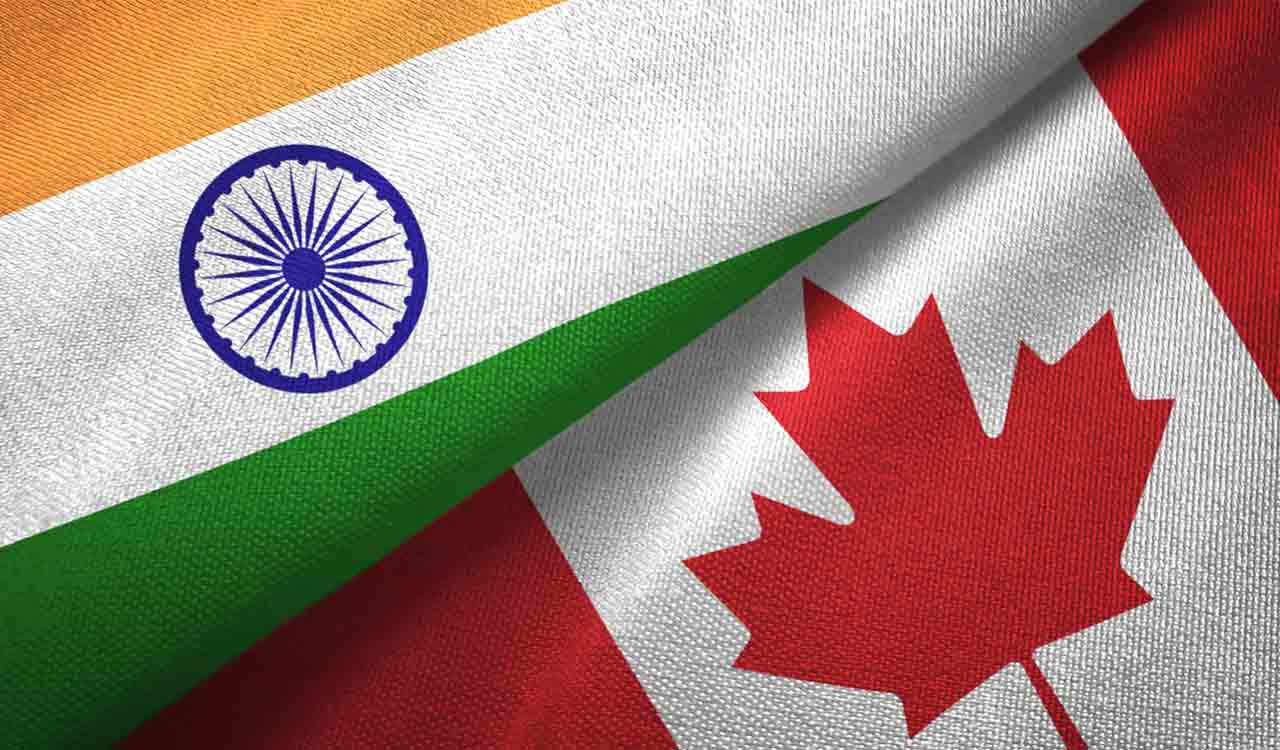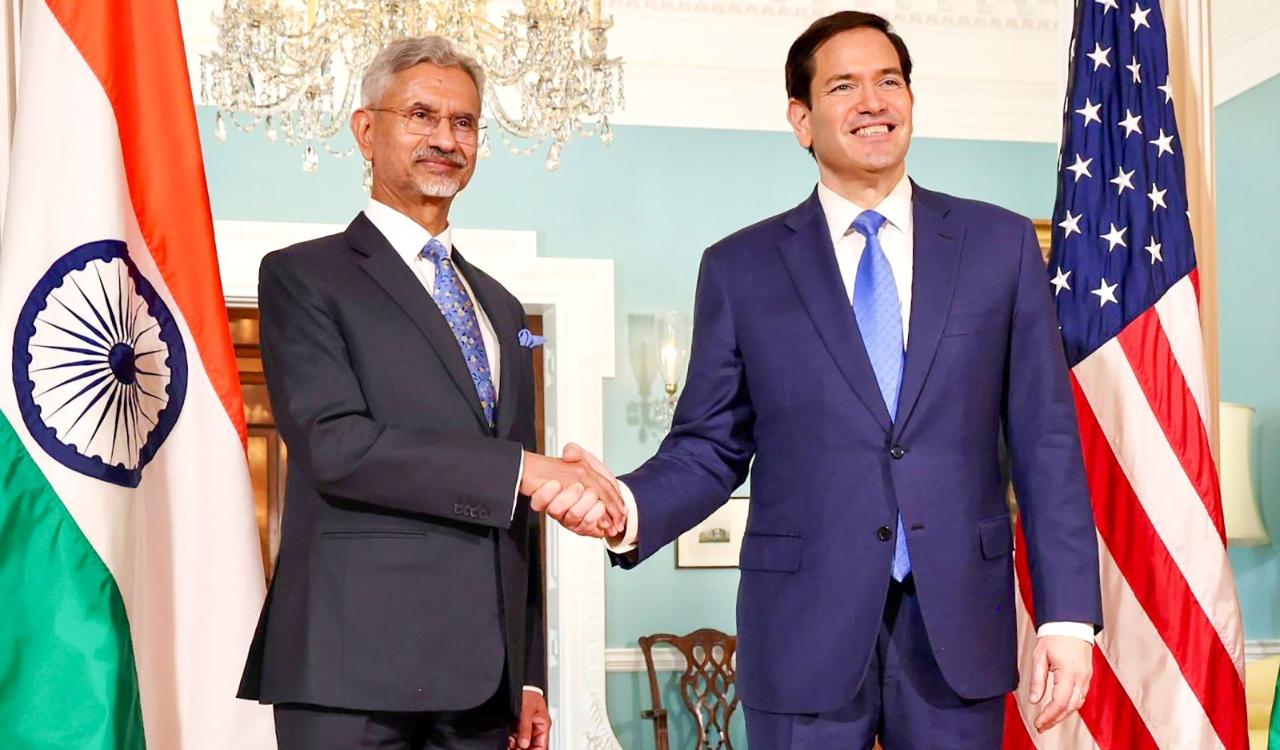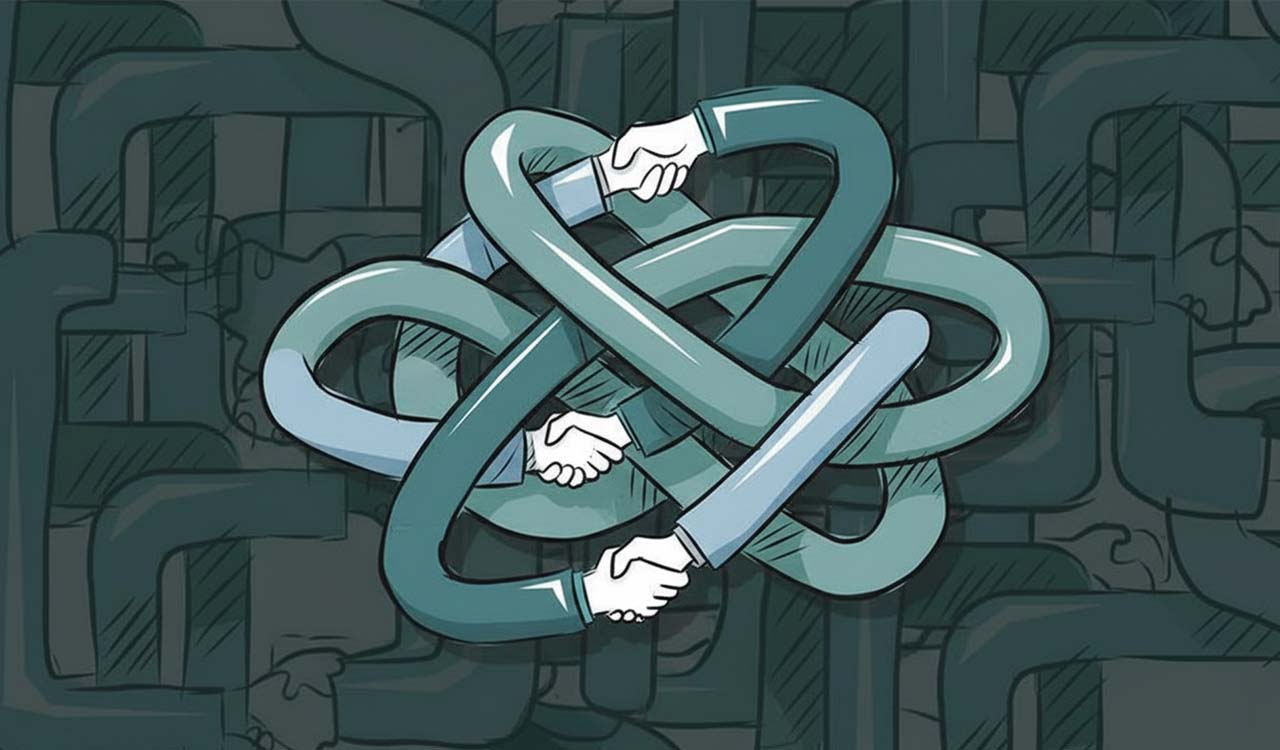Opinion: Dr Manmohan Singh, architect of India’s foreign policy
The former Prime Minister, most remembered for economic reforms, also shaped nation’s foreign policy in the first decade of this century
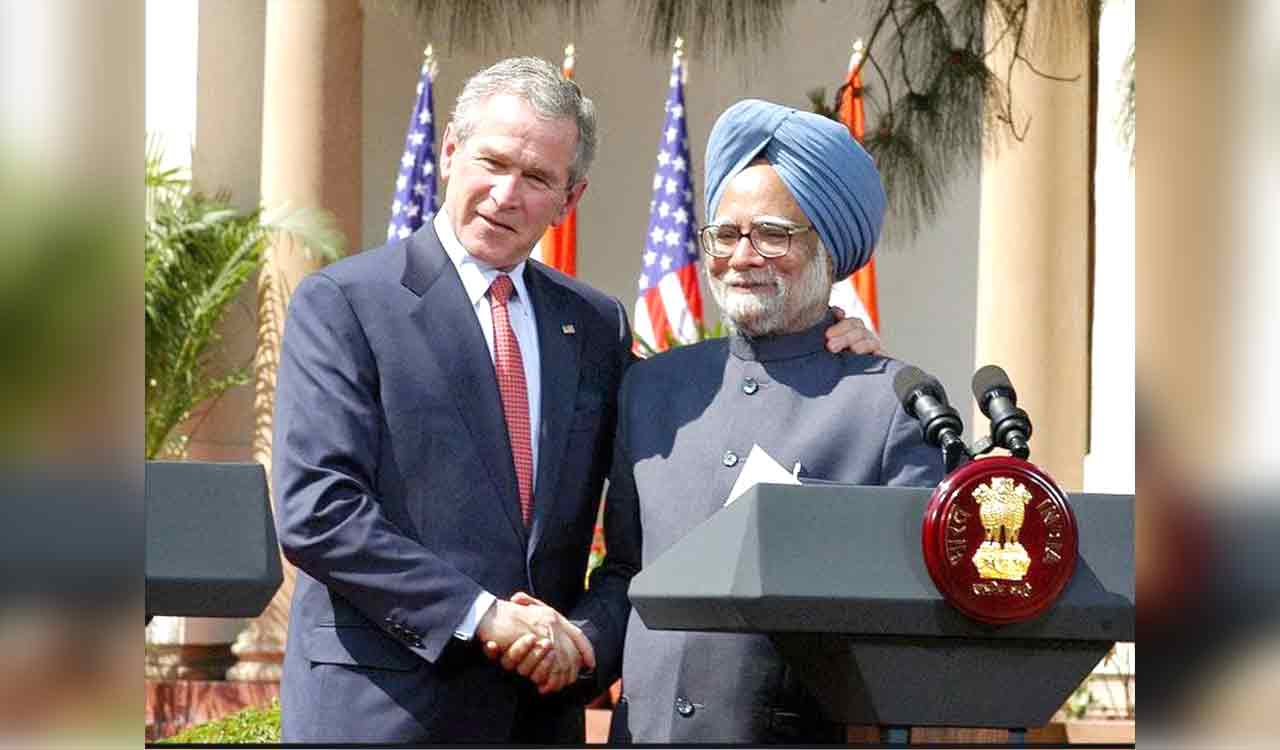
By Dr Akhil Kumar, Dr Anudeep Gujjeti
Over two decades ago, shortly after Dr Manmohan Singh assumed office as Prime Minister, a catastrophic tsunami struck the Indian Ocean region, claiming countless lives and leaving widespread devastation in its wake. This monumental tragedy posed a significant challenge to India’s foreign policy but also served as a catalyst for unprecedented international cooperation. The event led to the formation of the ‘Tsunami Core Group,’ comprising the United States (US), India, Australia and Japan, which collaborated with the United Nations to deliver humanitarian aid to affected nations. Today’s Quad owes its origins to this core group.
Also Read
Precursor to Quad
Former Prime Minister of Japan Shinzo Abe formalised the idea in 2007 in his speech to the Indian Parliament, “Confluence of the Two Seas.” He said, “By Japan and India coming together in this way, this ‘broader Asia’ will evolve into an immense network spanning the entirety of the Pacific Ocean, incorporating the US and Australia.”
However, the group was disbanded in 2008, largely due to concerns raised by Australian Prime Minister Kevin Rudd about the risk of antagonising China. The Quad was revived in 2017 by the Trump administration when leaders of the four countries met on the sidelines of the ASEAN Summit in Manila. It was institutionalised with the first summit in 2021 (virtual). The Quad annually meets today at the summit level. India will host the 1st Quad summit in 2025.
In the aftermath of the 2004 tsunami, India adopted a policy of declining international aid during disasters, signalling a shift in its approach. Singh articulated this stance, stating, “We feel we have adequate resources to meet the challenge”, reflecting India’s growing confidence and rising stature on the global stage. This natural disaster also began India’s focused efforts in Humanitarian Assistance and Disaster Relief (HADR). Since then, India has consistently leveraged HADR initiatives to mitigate the impact of disasters in various regions across the globe. The Indian Air Force, in particular, has played a pivotal role by conducting numerous relief and rescue operations, both domestically and internationally.
Cooperation with US
The post-Cold War era marked a significant shift in India-US relations, as fostered closer ties with Washington, recognising the US’ emergence as the sole global superpower. Building on the foundations laid by Narasimha Rao and Atal Bihari Vajpayee, Singh deepened this engagement, particularly in the realm of nuclear diplomacy. Understanding the strategic imperative of positioning India as a responsible nuclear weapons state, Singh sought and secured a historic waiver from the Nuclear Suppliers Group (NSG), enabling the landmark India-US civil nuclear agreement.
Dr S Jaishankar, present External Affairs Minister, was then Joint Secretary (Americas) at the MEA, whom Singh entrusted with shaping India’s nuclear policy and negotiating critical agreements. Supported by President APJ Abdul Kalam, Jaishankar’s efforts under Singh’s leadership culminated in a watershed moment for India’s nuclear and defence cooperation, securing a framework that would redefine the country’s global strategic partnerships. The Indo-US nuclear deal was the defining milestone of Dr Singh’s foreign policy and one of the most audacious decisions of his tenure as Prime Minister.
Ties with Neighbourhood
From the outset of his tenure as Prime Minister, Dr Singh built upon the 2003 Vajpayee-Musharraf dialogue, entrusting veteran diplomat Satinder Lambah as his special envoy to engage in backchannel negotiations with Pakistan. These efforts were aimed at crafting a peace treaty and advancing a resolution to the Jammu & Kashmir issue. Dr Singh, born in Gah (now in Pakistan), never visited his birthplace as Prime Minister despite multiple peace overtures between the two countries.
Present MEA Jaishankar’s efforts under Singh’s leadership culminated in a watershed moment for India’s nuclear and defence cooperation, securing a framework that would redefine India’s global strategic partnerships
Initiatives such as the Composite Dialogue Process, cricket diplomacy, Srinagar-Muzaffarabad bus service, and even backchannel diplomacy, including a proposed four-point formula on Kashmir, sought to foster reconciliation but ultimately failed due to Pakistan’s continued support for terrorism. Discussions also explored the possibility of a gas pipeline from Pakistan to India, but these efforts remained unrealised. Singh’s tenure faced criticism for his handling of the 26/11 Mumbai terror attacks orchestrated by Pakistan and the controversial Sharm el-Sheikh Joint Statement (2009), which many argued showed a lack of strong response and emboldened Pakistan.
Reflecting on this approach in his memoir Choices, Shiv Shankar Menon, National Security Adviser during Dr Singh’s tenure, notes that while it may not have aligned entirely with his own views, the decision garnered significant international acclaim for India’s measured restraint and diplomatic posture. Despite persistent diplomatic efforts, including direct talks at forums like the UNGA, Delhi, and Havana, Islamabad’s inaction on addressing terrorism hindered progress, leaving relations strained.
Dr Singh achieved notable progress in his outreach with other neighbours, particularly with Bangladesh and China, during his tenure as Prime Minister. In 2011, he successfully negotiated a landmark land boundary agreement with Dhaka and a pact to share the waters of the Teesta River. However, internal political challenges hindered full implementation, as his party failed to secure support from the Trinamool Congress on water-sharing and the Bharatiya Janata Party (BJP) on parliamentary approval for the land boundary settlement.
With China too, the Manmohan Singh government engaged with two different regimes, and considerable progress was made in maintaining peace along the Line of Actual Control. In April 2005, Singh brokered an unprecedented agreement with China outlining guiding principles and political parameters for resolving the boundary dispute, raising hopes for a breakthrough in Sino-Indian relations. Yet, progress faltered as Beijing began reinterpreting the agreement’s terms, coinciding with a widening power gap between the two nations during the 2000s. While Delhi remained keen on reaching a settlement, an increasingly assertive China under Xi Jinping adopted a more confrontational stance on boundary issues.
This shift ushered in a new phase of complexity in Sino-Indian relations, culminating in a series of military crises. The first significant border flare-up occurred in 2013, towards the end of the United Progressive Alliance’s (UPA) rule, marking the beginning of a more contentious chapter in bilateral ties since then.
Political Will
Foreign policy decision-making does not occur in a vacuum. It is influenced by multiple factors. Systemic pressures exerted by external players shape the overall environment in which foreign policy is crafted. However, the decision-making process is equally influenced by domestic-level variables, such as political parties, leadership, civil society and business groups.
In this context, one of the most important factors is individual leadership, particularly the presence of strong political will. It is often assumed that in a democratic country, especially one with a multiparty model, leaders require a clear majority in the legislature to make bold foreign policy decisions.
However, this assumption was challenged in practice by Dr Singh, who led a coalition government and often faced political and ideological opposition that made foreign policy decision-making complex. Despite these constraints, Dr Singh demonstrated exceptional political will and consistently prioritised national interest over personal or political considerations. One notable example of his leadership, as mentioned earlier, was the India-US Civil Nuclear Agreement.
Dr Singh will be remembered as a Prime Minister who, despite leading a coalition government and facing political turbulence, successfully strengthened India’s foreign policy. While he demonstrated an ability to rise above challenges and focus on long-term strategic goals, there were instances where his approach faltered. Nevertheless, his tenure serves as a testament to the importance of leadership and political will in navigating the complexities of foreign policy.
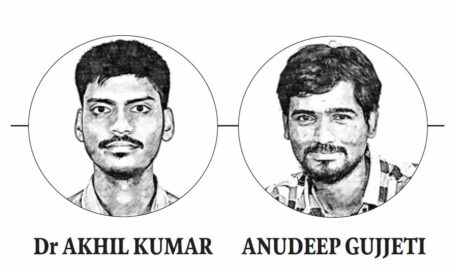
(Dr Akhil Kumar is a PhD, Department of Political Science University of Hyderabad. Anudeep Gujjeti is Assistant Professor, Centre of Excellence for Geopolitics and International Studies, REVA University, Bengaluru, and Young Leader, Pacific Forum, USA)
Related News
-
Modi, Macron vow deeper defence, trade partnership
5 hours ago -
Sports briefs: Dharani, Tapasya clinch honours
5 hours ago -
Man arrested for cultivating ganja plants in Telangana’s Adilabad
5 hours ago -
Second successive win for Titans in Samuel Vasanth Kumar basketball
5 hours ago -
Women councillors allege misconduct by Congress in Kyathanpalli
5 hours ago -
Gauhati Medical College doctor lodges FIR alleging harassment by principal
5 hours ago -
Two FIRs filed in Chikkamagaluru after week-long stone pelting on house
5 hours ago -
Viral video shows SUV hitting biker in Dwarka, teenage driver detained
5 hours ago

